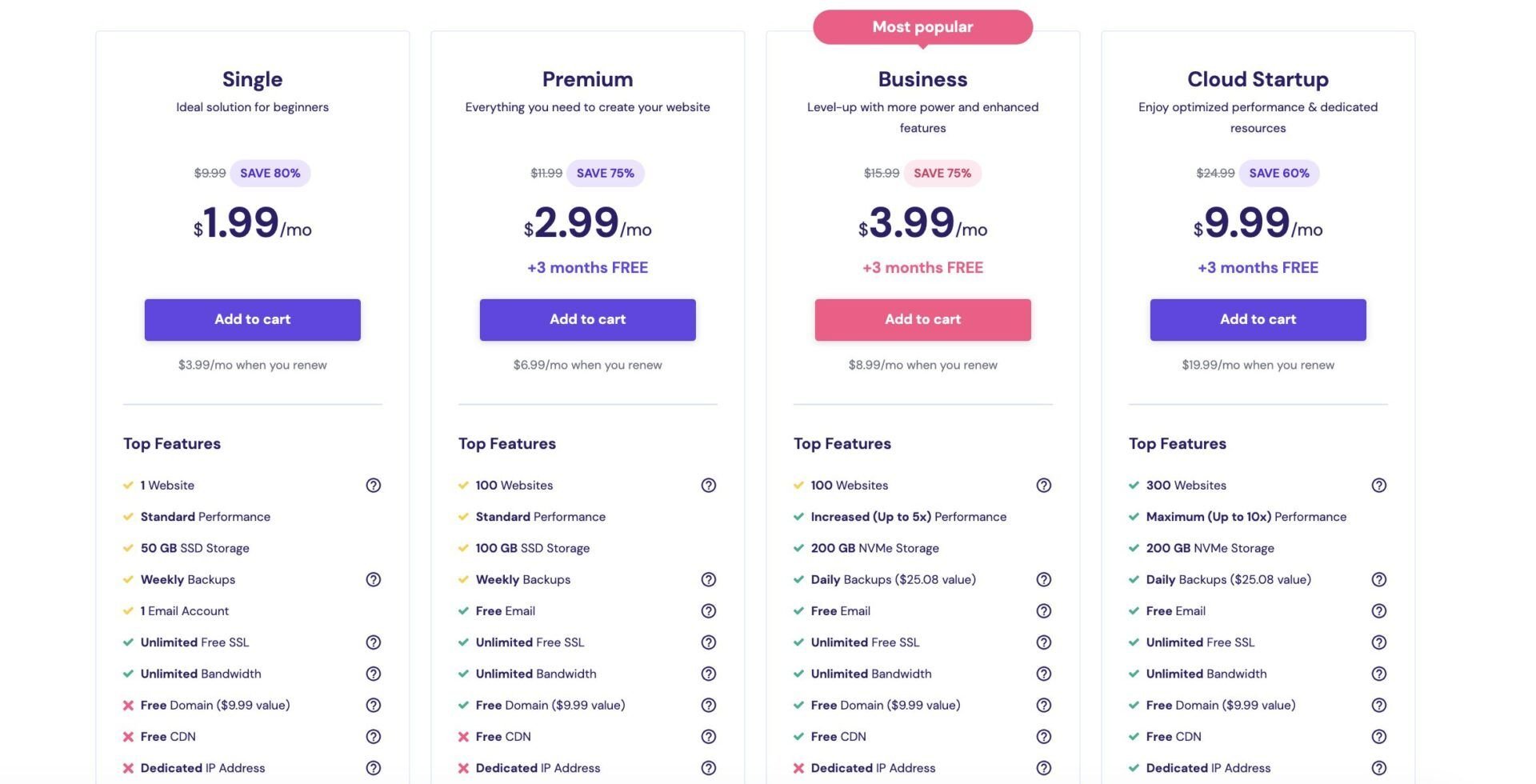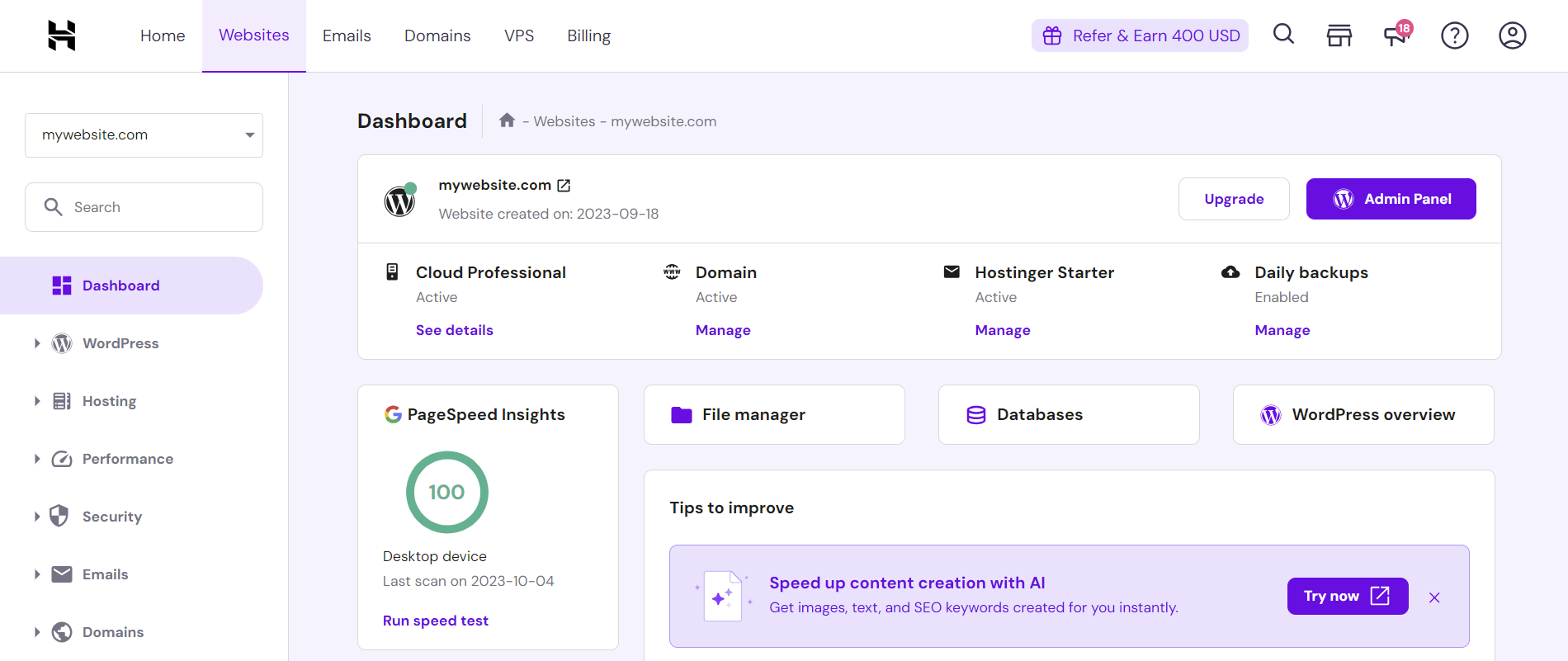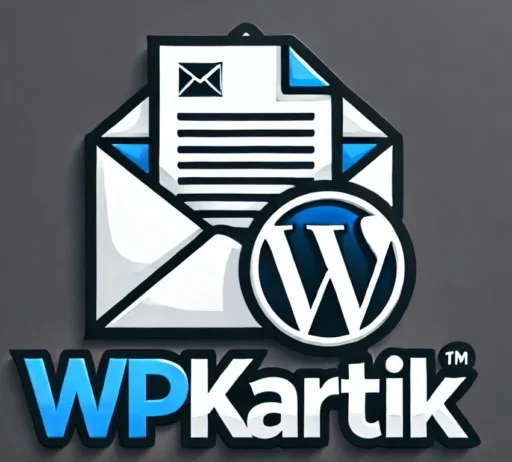Last updated on May 20th, 2025 at
So, you’re trying to choose between Hostinger vs HostGator for your website hosting? You’re in the right place! Think of it like choosing between two well-known and trusted companies — both can host your website, but which one is the better fit for you?
Hostinger is known for being super affordable and fast, especially for beginners and small websites. It offers a clean interface, strong performance, and great value for the price. But it also has some limits on resources in its basic plans, which might not work for everyone.
HostGator, on the other hand, has been around for a long time and is famous for its beginner-friendly setup and 24/7 support. It gives you unmetered bandwidth and more flexibility, but its pricing can be a bit tricky with higher renewals and extra features that cost more.
In this Hostinger vs HostGator comparison, I’m not here to tell you which one is “the best.” Instead, I’ll break down the important differences, pros and cons, and help you decide which one fits your needs — whether you’re starting your first blog, building a business site, or just want a reliable web host.
| Feature | Hostinger | HostGator |
|---|---|---|
| ⭐ Rating | 4.8/5 | 4/5 |
| 💵 Price | From $2.69/month | From $3.75/month |
| 📑 Uptime guarantee | 100% | 99.9% |
| 🔥 Coupons | Hostinger coupon 77% OFF | HostGator coupon 62% OFF |
| Storage space (from) | 100 GB SSD | 10 GB SSD |
| ✂️ Free domain (first year) | Yes | Yes (first year) |
| 🔒 Free SSL certificate | Yes | Yes |
| ➡️ Site migration | Free Automatic WordPress Website Migration | 1 free WordPress/cPanel migration and inter-server migration |
| 💾 Automated backups | Free (weekly) | Yes (paid) |
| 📧 Email accounts | Free (up to 100 accounts) | Yes (unlimited accounts) |
| 👨💻 24/7 live support | Yes | Yes |
| 💰 Money-back guarantee | 30-day | 30-day |
Hostinger vs HostGator: Pricing
💬 Who win For Pricing:
Hostinger is better if you want the lowest price with more features included upfront.
HostGator is great if you prefer unlimited storage and simple setup, but it costs a bit more long-term.

🔵 HostGator Plans
Best for: Beginners who want unlimited storage and simple setup
💰 Starts at $2.75/month
📅 30-Day Money-Back Guarantee
✅ Hatchling Plan – $2.75/month (Save 70%)
• 1 Website
• Unlimited Storage
• Free Domain (1st Year)
• Free SSL
👉 Best for beginners with a single site
✅ Baby Plan – $3.50/month
• Unlimited Websites & Storage
• Free SSL + Domain (1st Year)
👉 Ideal for users who want flexibility and more websites
✅ Business Plan – $5.25/month
• Everything in Baby + Dedicated IP & Google Ads credit
👉 Good fit for small businesses wanting a little more
🟢 Why HostGator?
✔️ Unlimited storage & bandwidth
✔️ 24/7 customer support
✔️ Simple for first-time users
✔️ Long-time trusted hosting brand
Hostinger Plans

Best for: Budget-conscious users who want speed, security, and value
💰 Starts at $2.49/month
📅 30-Day Money-Back Guarantee✅ Premium Plan – $2.49/month (Renews at $7.99)
• 100 Websites
• 100 GB SSD Storage
• ~25,000 Monthly Visits
• Free SSL, Email & Domain (1st Year)
• Free CDN + Weekly Backups
👉 Great value for hosting multiple websites on a budget✅ Business Plan – $3.49/month (Renews at $8.99)
• 100 Websites
• 200 GB NVMe Storage
• ~100,000 Monthly Visits
• Daily Backups + Smart Auto-Updates
👉 Best for growing websites or online businesses✅ Cloud Startup – $7.59/month (Renews at $19.99)
• 300 Websites
• 200 GB NVMe Storage
• ~200,000 Monthly Visits
• AI Tools, Dedicated IP, Priority Support
👉 Perfect for high-traffic sites needing more power🟢 Why Hostinger?
✔️ Super affordable
✔️ Fast and lightweight
✔️ Free CDN, backups & email
✔️ Great for multiple sites on a tight budget🔍 So, Who Wins for Pricing?
👉 Choose Hostinger if you’re on a tight budget and want more speed, features, and value — especially for hosting multiple websites.
👉 Choose HostGator if you want unlimited storage and a no-fuss setup for just one or two sites, with solid support.
Both are beginner-friendly — it just depends on what you need.
Winner – Tie
Ease of Use: Hostinger vs HostGator
💬 Who win For ease of use:
Hostinger is the better choice for ease of use — it’s cleaner, simpler, and faster to set up.
HostGator is still beginner-friendly, but leans more toward users who want deeper control over time.
Hostinger: Simple and Easy to Use

Control Panel: hPanel
Hostinger uses its own control panel called hPanel. When you first log in, you’ll see a clean, easy-to-understand dashboard that helps you set up your website. It guides you through setting up things like your domain, SSL certificates, and hosting environment—all with simple steps.
Main Features of Hostinger’s Dashboard:
- Easy Setup: Hostinger’s setup wizard helps you get started quickly.
- Simple Layout: Everything is easy to find and doesn’t overwhelm you.
- Beginner-Friendly: Even if you have no technical skills, Hostinger is easy to use.
Best For:
If you want a simple setup and an easy-to-use platform, Hostinger is a great choice. It’s perfect for beginners who want to get their website up and running quickly.
HostGator: More Features, But a Little Complex

Control Panel: cPanel & Native Dashboard
HostGator uses two systems. The basic dashboard helps with things like billing and customer support. For more advanced tasks, you use cPanel, which has more options for managing your website, like adding email accounts or installing WordPress.
Main Features of HostGator’s Dashboard:
- Basic Tools: The native dashboard covers simple tasks like checking your bill or getting support.
- Advanced Control: cPanel is where you manage more complicated tasks, like databases and security settings.
- More Options: HostGator gives you lots of tools once you’re comfortable with them.
Best For:
HostGator is good if you need more control and want to handle advanced tasks as your website grows. It’s still user-friendly, but it offers more features once you’re ready.
Which is Better for You?
Hostinger is better if you want something simple and easy to use. It’s perfect for beginners who just want to get started quickly and don’t need too many extra features.
HostGator is better if you want more advanced tools and features but still want an easy way to manage your website. It’s great for users who plan to grow their websites and need more control.
In short, Hostinger is simpler and quicker to use, while HostGator offers more advanced options as you get more experienced. It all depends on how much control and features you need.
Winner –


